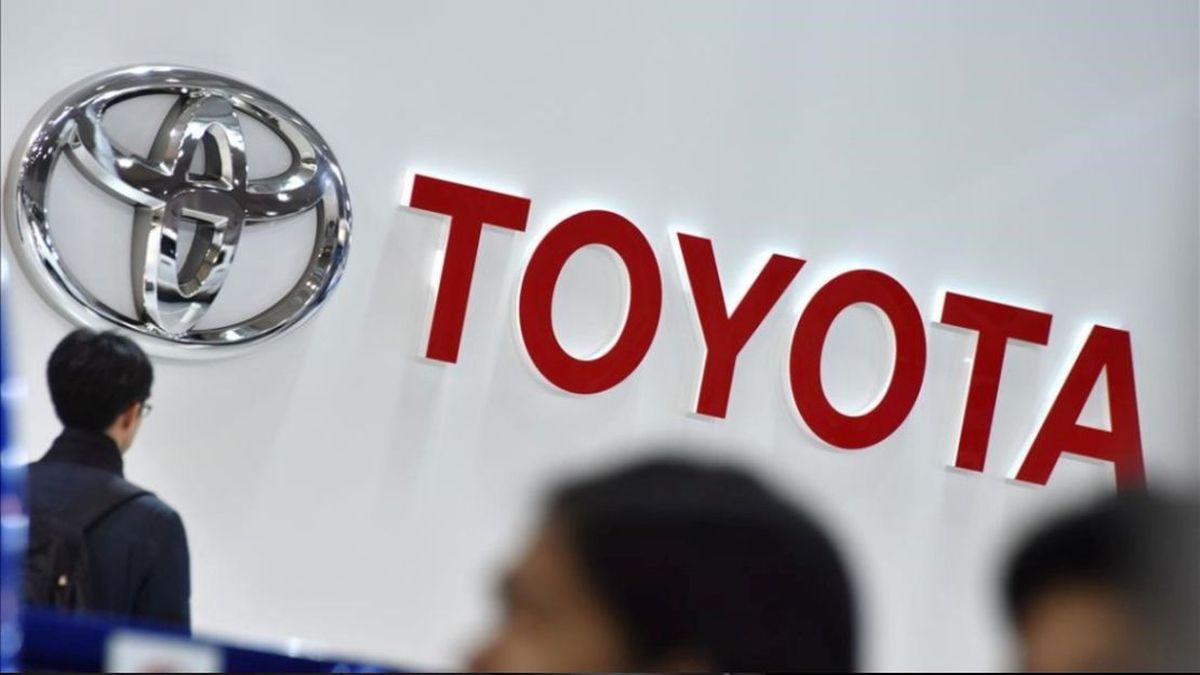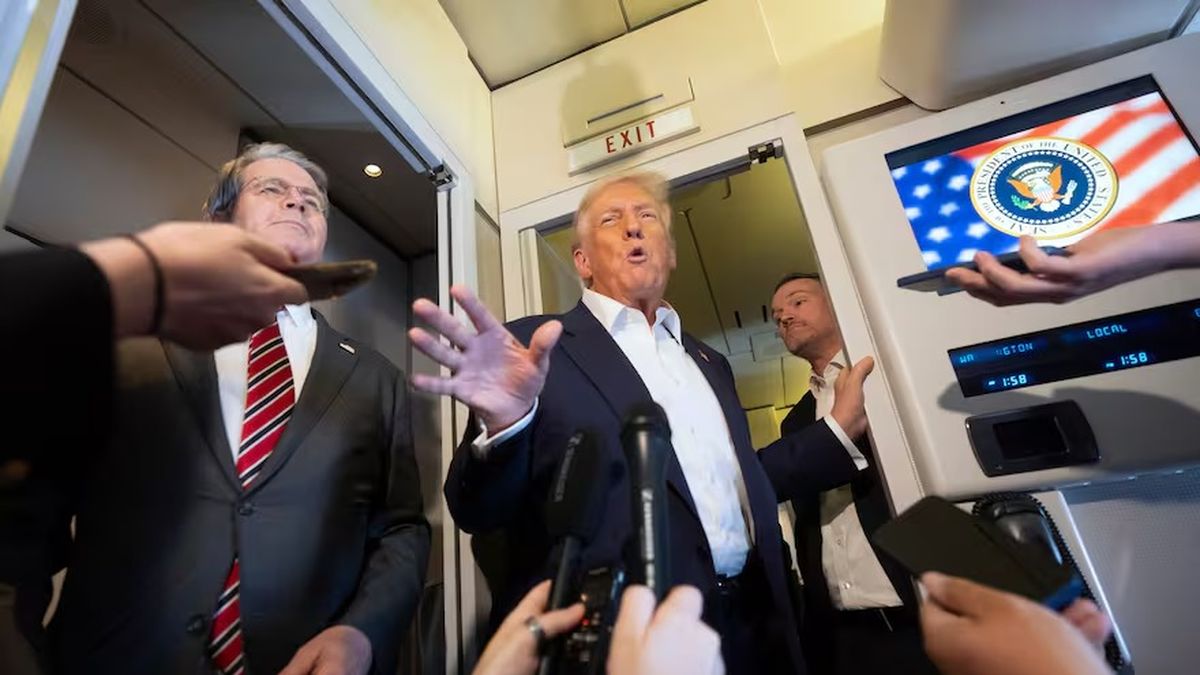The global automotive industry It is experiencing accelerated changes as a result of new technologies, increasing costs and the advancement of Chinese brands. In recent weeks, the efforts of automotive companies such as Volkswagen, Stellantis or Nissan to adapt to the new world scenario.
This involves cutting people, changes in management leadership or seeking partnerships with other brands to weather the storm.
The growth of the chinese automotive plays a key role since its expansion seems to have no limits and, in large part, is due to the lower production costs in that country, which makes companies the most competitive in the market.
In that sense, the Japanese toyota –the leading company in sales worldwide– is rethinking its production strategy and is setting its sights on the territory of its neighboring country.
As reported this Monday by the Japanese economic newspaper Nikkei, The automotive giant will build a plant in China to manufacture electric vehicles. It would be installed in Shanghai and would manufacture models of its luxury brand Lexus. According to this newspaper, the start of production would be in 2027.
Toyota’s decision is part of a strategy that seeks to strengthen its presence in the world’s largest automotive market.
Toyota’s plans in China
As reported by the Reuters agency a few weeks ago, the Japanese automaker It plans to manufacture at least 2.5 million vehicles annually on Chinese soil by 2030.
The objective is to provide them greater independence for its executives local for the development of new models, thus seeking to adapt more effectively to the tastes and trends of the Chinese consumer.
This Toyota policy contrasts with the decision taken by traditional manufacturers, which chose to reduce their operations in the Asian country or even withdraw from the market.
An example is what happens with the Volkswagen crisis due to the decline in sales to the Chinese market. The automaker’s bosses point to weakening demand for its vehicles in key markets, increased competition from Chinese electric car makers and high labor and energy costs in Germany as one of the main problems.
China’s bid with European automakers is embroiled in a discussion over protectionism on that continent. China filed a series of complaints with the World Trade Organization (WTO) following the European Union’s (EU) decision to impose tariffs on imports of Chinese electric vehicles.
Brussels announced in July provisional tariffs of up to 38% on imports of Chinese electric vehicles into the EU, estimating that Beijing illegally subsidizes its manufacturers. Until then the tax for vehicles coming from Chinese factories was 10%.
Brussels has four months to make these tariffs final, which leaves a window for dialogue with Beijing until November.
Competition with Chinese firms such as BYDwhich have captured a significant share of the market with electric vehicles and technologically advanced models, pushed Toyota to reevaluate its strategy in China. The decision to increase production in China is also an attempt to secure its supply chain.
By communicating its plans to suppliers, Toyota seeks to convey confidence to auto parts manufacturers, convincing its partners that China remains a firm bet for the Japanese automaker.
Source: Ambito
I am Pierce Boyd, a driven and ambitious professional working in the news industry. I have been writing for 24 Hours Worlds for over five years, specializing in sports section coverage. During my tenure at the publication, I have built an impressive portfolio of articles that has earned me a reputation as an experienced journalist and content creator.




